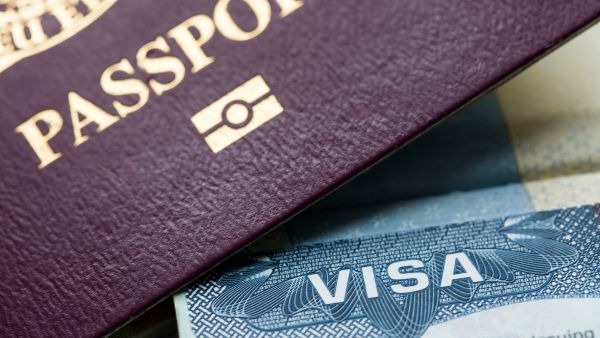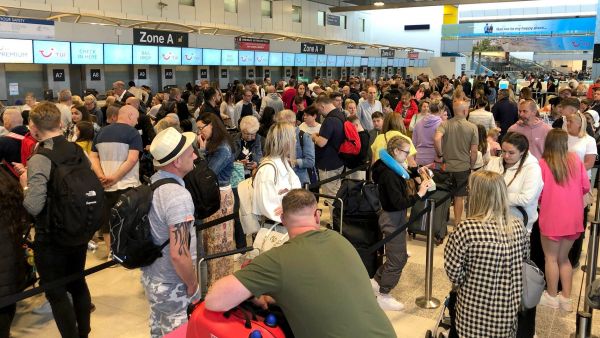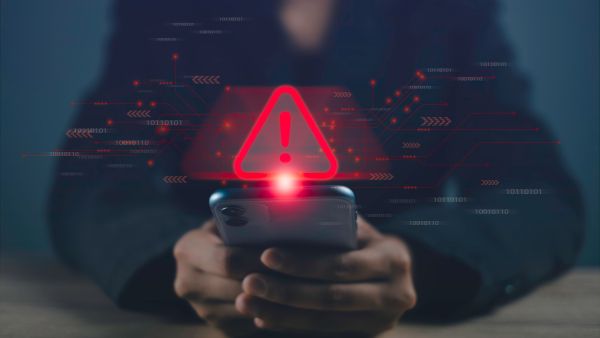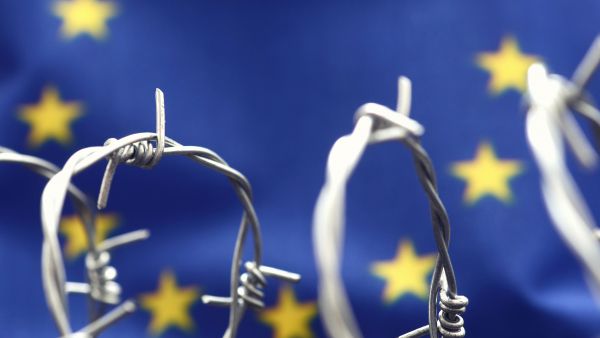For the first time, the 28 EU member states will soon be able to exchange on traffic offenders and to pursue fines back home, even when the offence has been committed in another country.
Following a vote today in the European Parliament, national police will be able to track the driver and send fines for offences like ignoring a red light, not using a seatbelt, speeding, driving under the influence of drink or drugs and driving while using a mobile phone.
Police will be able to find the personal data of the driver through their car registration plate and share the information with the police in the offender's country. It closes a loophole and allows the traffic and road-safety authorities in each member state to hold drivers accountable for posing a danger to road safety and notify them of the offence in the language of the country where they live.
The author of the parliamentary report, S&D MEP Inés Ayala Sender, said:
“The goal is to meet the new EU target of cutting road deaths by half by 2020. This directive provides new and more effective road-safety measures to make sure offenders are held to account.
"Given the technological progress in detecting certain offences - such as driving under the influence of drugs - we agreed to include four new areas in the scope of the directive. These are all areas that have now acquired sufficient maturity as offences and also pose a serious risk to the safety of the driver and other road users: driving under the influence of drugs; riding a motorcycle without a helmet; using a mobile phone whilst driving; and use of a forbidden lane.
"Road-accident victims’ associations, traffic authorities, road-traffic offence prosecutors and road-safety associations would have been very disappointed if legislators had let the existing law expire next May without agreeing on new, improved legislation which fulfills our political priority here: guaranteeing the best possible level of road safety for EU citizens and ensuring equal treatment for drivers, regardless of their country of residence."
Traffic offenders: Free broadcast video here








